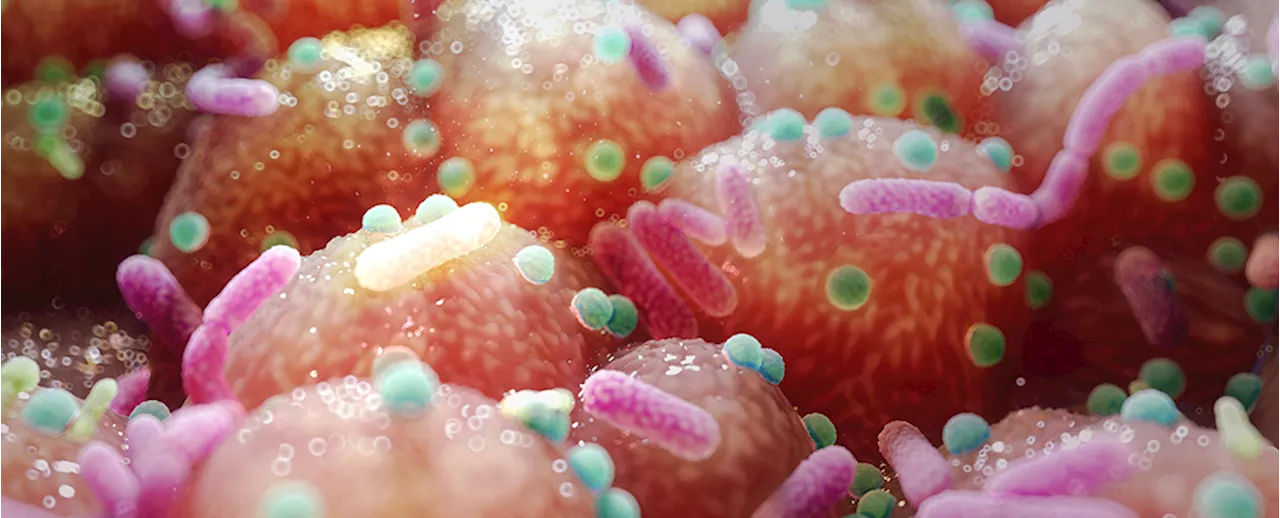Prof David Kerr discusses investigations into early-onset colorectal cancer.
Professor, Nuffield Department of Clinical Laboratory Science, University of Oxford; Professor of Cancer Medicine, Oxford Cancer Centre, Oxford, United Kingdom
The epidemiologists, I think, correctly have identified that this sharp, rapid increase does imply that there is a new environmental change that is underpinning or underscoring this rise in early-onset disease. that has been put together by Paul Brennan, Mike Stratton, and colleagues, a collaborative group of epidemiologists, geneticists, and bioinformaticians, who are looking at a global study to try to understand the basis of early-onset colorectal cancer.
All of us believe that converting a normal cell into a tumor cell usually requires five or six or seven separate mutational events occurring at random. The earlier these occur, the greater the tumor, the greater the normal single-cellular mutational burden, and the more likely it is to develop cancer sooner rather than later.
Colorectal Cancer (CRC) Cancer Malignant Neoplasia Carcinoma Malignant Neoplasm Genomics Genomic Medicine Epidemiology Bacteria Bacterial Infection Diet Tumor Disaster Disaster Medicine Genetics Microbiome Microbiota Children Child Childhood Pediatrics Kids Escherichia Coli Escherichia Coli Infection E. Coli E. Coli Infection
United States Latest News, United States Headlines
Similar News:You can also read news stories similar to this one that we have collected from other news sources.
 All people are unique -- also in the gutA new study increases our knowledge about the gut and the life of gut bacteria. The study shows, among other things, that changes in the gut environment have an impact on the composition and activity of gut bacteria. Ultimately, this may help explain why we all have different gut bacteria and probably also why we react differently to the same food.
All people are unique -- also in the gutA new study increases our knowledge about the gut and the life of gut bacteria. The study shows, among other things, that changes in the gut environment have an impact on the composition and activity of gut bacteria. Ultimately, this may help explain why we all have different gut bacteria and probably also why we react differently to the same food.
Read more »
 Parkinson's Link to Gut Bacteria Suggests an Unexpected, Simple TreatmentThe Best in Science News and Amazing Breakthroughs
Parkinson's Link to Gut Bacteria Suggests an Unexpected, Simple TreatmentThe Best in Science News and Amazing Breakthroughs
Read more »
 We may be overestimating the association between gut bacteria and disease, machine learning study findsMany bacterial-linked illnesses, such as inflammatory bowel disease or colorectal cancer, are associated with an overgrowth of gut bacteria thought to be bad actors.
We may be overestimating the association between gut bacteria and disease, machine learning study findsMany bacterial-linked illnesses, such as inflammatory bowel disease or colorectal cancer, are associated with an overgrowth of gut bacteria thought to be bad actors.
Read more »
 Protein in soy may reduce the risk of heart failure by affecting gut bacteriaResearchers have found a potential method to slow heart failure progression. They fed mice a diet high in soybean protein, which influenced gut bacteria and supported heart health. Analysis showed that this diet increased the production of the short-chain fatty acids in the gut that help to protect the heart.
Protein in soy may reduce the risk of heart failure by affecting gut bacteriaResearchers have found a potential method to slow heart failure progression. They fed mice a diet high in soybean protein, which influenced gut bacteria and supported heart health. Analysis showed that this diet increased the production of the short-chain fatty acids in the gut that help to protect the heart.
Read more »
 Weekly: Microbiome special: how to boost your vital gut bacteriaEpisode 274World leaders are in Colombia for the COP16 biodiversity summit.
Weekly: Microbiome special: how to boost your vital gut bacteriaEpisode 274World leaders are in Colombia for the COP16 biodiversity summit.
Read more »
 Prebiotic Guar Bean Fiber Boosts Intestinal Microbiota, Study ShowsA study published in Frontiers in Nutrition highlights the positive impact of guar bean fiber on gut health. Researchers found that consuming eight grams of guar bean fiber daily for 18 days improved gut bacteria and overall gut health in 12 healthy adult males.
Prebiotic Guar Bean Fiber Boosts Intestinal Microbiota, Study ShowsA study published in Frontiers in Nutrition highlights the positive impact of guar bean fiber on gut health. Researchers found that consuming eight grams of guar bean fiber daily for 18 days improved gut bacteria and overall gut health in 12 healthy adult males.
Read more »
